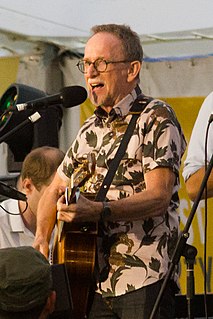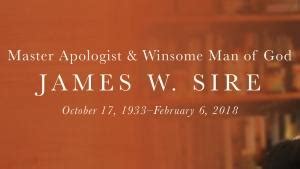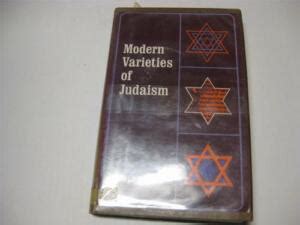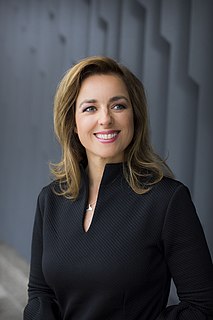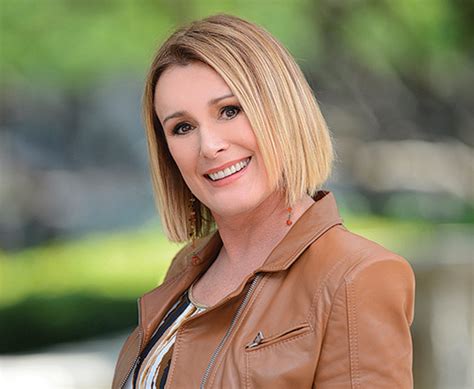A Quote by Franklin D. Roosevelt
The traditional Jeffersonian principle of religious freedom was so broadly democratic that it included the right to have no religion at all - it gave to the individual the right to worship any God he chose or no god.
Related Quotes
The chief duty of governments, in so far as they are coercive, is to restrain those who would interfere with the inalienable rights of the individual, among which are the right to life, the right to liberty, the right to the pursuit of happiness and the right to worship God according to the dictates of ones conscience.
Worship in truth is worship that arises out of an actual encounter with God, a response to the experience of knowing God's real presence and activity in our daily lives. This has nothing to do with sentiment, thinking religious thoughts or having aesthetic experiences in church buildings; any religion can give you that sort of thing.
Your constitution guarantees to every citizen, even the humblest, the enjoyment of life, liberty, and property. It promises to all, religious freedom, the right to all to worship God beneath their own vine and fig tree, according to the dictates of their conscience. It guarantees to all the citizens of the several states the right to become citizens of any one of the states, and to enjoy all the rights and immunities of the citizens of the state of his adoption.
In the First Amendment to the Constitution, the Founders made it clear that this was not to be a sky-god nation with a national religion like that of England, from whom we had just separated. It is curious how little understood this amendment is-yes, everyone has a right to worship any god he chooses but he does not have the right to impose his beliefs on others who do not happen to share in his superstitions and taboos.
Reagan's story of freedom superficially alludes to the Founding Fathers, but its substance comes from the Gilded Age, devised by apologists for the robber barons. It is posed abstractly as the freedom of the individual from government control a Jeffersonian ideal at the roots of our Bill of Rights, to be sure. But what it meant in politics a century later, and still means today, is the freedom to accumulate wealth without social or democratic responsibilities and license to buy the political system right out from everyone else.
Religion is the only solid basis of good morals; therefore education should teach the precepts of religion, and the duties of man toward God. These duties are, internally, love and adoration: externally, devotion and obedience; therefore provision should be made for maintaining divine worship as well as education. But each one has a right to entire liberty as to religious opinions, for religion is the relation between God and man; therefore it is not within the reach of human authority.
Is the appointment of Chaplains to the two Houses of Congress consistent with the Constitution, and with the pure principle of religious freedom? In strictness the answer on both points must be in the negative. The Constitution of the U. S. forbids everything like an establishment of a national religion. The law appointing Chaplains establishes a religious worship for the national representatives, to be performed by Ministers of religion, elected by a majority of them, and these are to be paid out of the national taxes. Does this not involve the principle of a national establishment ... ?
True religion is not talk, or doctrines, or theories, nor is it sectarianism. It is the relation between soul and God. Religion does not consist in erecting temples, or building churches, or attending public worship. It is not to be found in books, or in words, or in lectures, or in organizations. Religion consists in realization. We must realize God, feel God, see God, talk to God. That is religion.
God's love is a gift that can make you forget yourself at times. The Scottish writer George MacDonald said, "It is the heart that is not yet sure of its God that is afraid to laugh in his presence." God loves us as we are right now! That's one of the things I'm most grateful for. I love the freedom to be myself in God. I pray that a year from now, five years from now, I will be a godlier woman, but I know God won't love me any more than he does right this minute.






